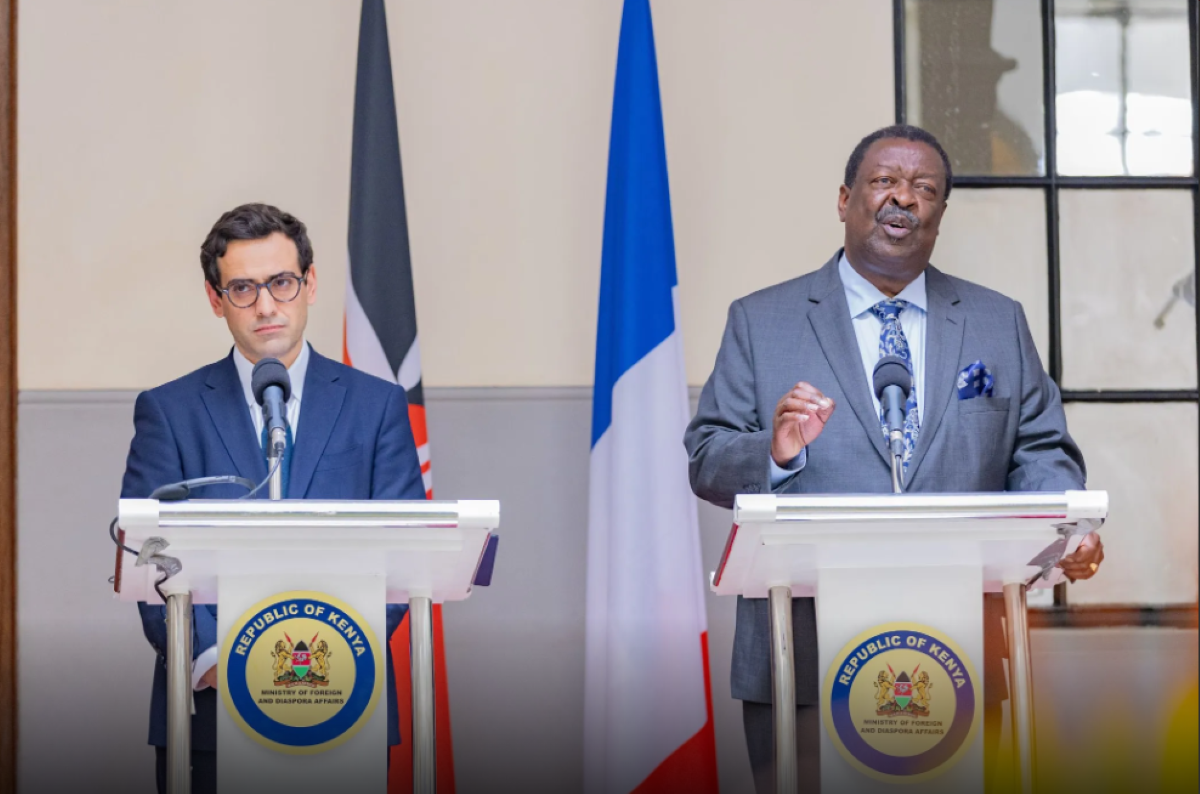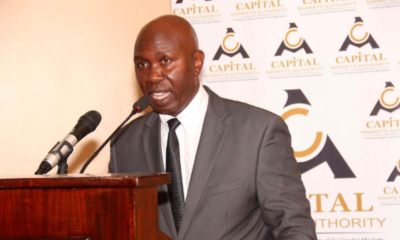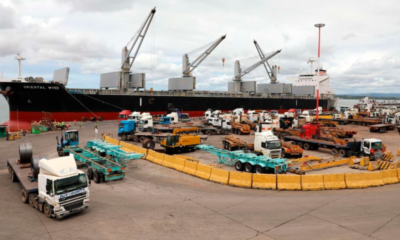France and Germany have overtaken China as the largest bilateral financiers of projects under President William Ruto’s administration, marking a shift from his predecessor’s foreign policy. France will fund projects worth Sh26.49 billion (US$ 199,548,020), or 30.45% of the Sh86.99 billion ( US$ 655,291,894.63) the Treasury expects from bilateral loans and grants, while Germany has committed Sh16.71 billion (US$ 125,875,704.79) through KfW.
China, Kenya’s largest bilateral lender since 2015, has significantly reduced its funding, committing only Sh7.25 billion (US$54,613,935.35) in new loans. This is a sharp decline from the Sh140.03 billion (US$ 1,054,839,912.70) peak in the 2015/2016 financial year and even less than the Sh14.39 billion expected from Japan. Beijing has become more cautious about lending to Kenya and other African countries due to global economic uncertainties.
Political analysts note that President Ruto leans more towards the West than the East, making several visits to Europe and the US and successfully inviting German Chancellor Olaf Scholz and King Charles of Britain.
Also, Ruto’s alignment with the West on issues like the Russia-Ukraine war and the Israel-Hamas conflict contrasts with China’s stance.
This May, Ruto made a state visit to Washington, the first by an African leader in 18 years, during which the Biden administration pledged to improve Kenya’s investment climate. The US views Kenya as a business, technology, and policy innovation leader in sub-Saharan Africa.
Kenya’s preference for Western financing has increased funds from Western-linked multilateral lenders, such as the International Monetary Fund (IMF) and the World Bank Group. These institutions provide budget support but often impose stringent economic policy conditions. Dr. Ruto emphasized Kenya’s improved relations with these institutions in his State of the Nation address.
The IMF’s support was crucial in securing $1.5 billion in February, helping Kenya repay most of its $2 billion Eurobond maturing in June. However, the loans come with high tax targets, such as the 16% VAT on fuel. China, in contrast, offers loans with fewer conditions but has been criticized for engaging in “debt diplomacy,” which burdens African countries with unsustainable debts.
A study by AidData revealed that Chinese loan agreements often include secretive terms and prioritize repayment to Chinese lenders. This has given Chinese banks an advantage over other creditors, as seen when they rejected Kenya’s request to extend debt repayments during the Covid-19 economic shocks.































